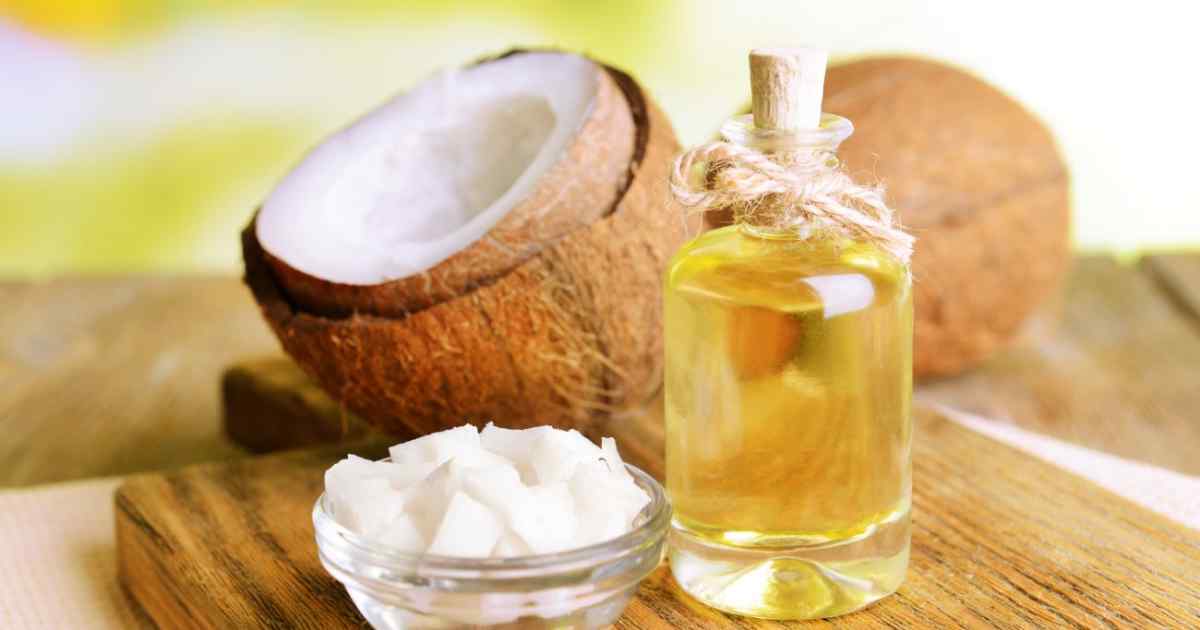Acne management often leads to exploring various treatments, but DIY natural solutions can also be effective. Embracing home remedies offers a gentle yet potent approach to skin care. Start a search today to discover more natural ways to manage acne.
Harnessing the power of natural ingredients not only nurtures the skin but also aligns with a holistic lifestyle. These remedies aim to address acne concerns with minimal risk of irritation, offering a soothing and sustainable skincare routine.
Cut Carbohydrates
Studies suggest that those people who have a lot of carbohydrates in their diet are prone to acne. This is because carbohydrates, such as desserts and sugary drinks, are rapidly absorbed by the digestive tract. Rapid digestion of foods raises insulin levels, which in turn causes the body to release a protein called insulin-like growth factor, known to the medical community as IGF-1. Medical studies have linked IGF-1 to acne outbreaks. Rather than consuming carbohydrates, doctors recommend having a diet filled with a lot of fiber rich foods, such as fruits and vegetables. Fiber is absorbed by the digestive tract at a slower rate, keeping IGF-1 levels low, and thus reducing your risk for an acne outbreak.
Add Vitamins A and E to Your Diet
In acne studies, doctors found that those people with low vitamin A and E levels in their blood were more prone to acne outbreaks than those with higher levels of the vitamins. As such, many doctors prescribe retinoids, drugs that have an abundance of vitamins A and E, for those patients with severe acne outbreaks. However, it is possible to absorb large quantities of both of these vitamins through food. Foods rich in vitamin A include sweet potatoes, eggs, and carrots. Additionally, nuts and sweet potatoes are a good source of vitamin E.
Coconut Oil
Many doctors and dermatologists often recommend using moisturizers to treat acne. Rather than using harsh chemicals, natural products such as coconut oil have been shown to be highly beneficial for people with acne. The best thing about coconut oil is that while it is natural and gentle, it is also a powerful antifungal and antibacterial. These antifungals and antibacterials nourish the skin instead of stripping it of its natural oils, as most chemicals found in common acne creams do. Additionally, as coconut oil is natural, it is also possible to use it on the skin as much as you want to without worrying that you’ll harm your skin.
Aloe Vera
Aloe vera has been used throughout history to treat a variety of wounds and burns, but it is also very useful in the treatment of acne. Specifically, aloe vera reduces inflammation and swelling in the skin. Most experts recommend putting aloe vera on the afflicted part of the skin twice a day, with the majority of patients seeing their acne start to disappear after a week. Many people with acne even grow their own aloe vera plants and apply the leaves to their skin for the freshest, most powerful treatment.
Limit Your Dairy Intake
There are evidence-based studies that prove that dairy consumption can cause acne to flareup for some people. According to the American Academy of Dermatology acne rates have risen and so too has the rate of dairy consumption in America. Researchers have suggested that there is a link between the two, but they’re still figuring out what the connection is. One of their theories is that dairy cows are treated with “artificial hormones” this can cause an off balance of your hormones and trigger an acne breakout. Another theory suggests that even the natural hormones in milk might cause a flareup no matter what. Lastly, they suggest that when milk products are combined with high levels of processed sugars this can disrupt insulin level and aggravate your skin. Everyone’s skin is different, but studies suggest that it’s worth limiting dairy products to find out if this is what is triggering your acne.
Limit Your Sugar Intake
This one may not be as easy. If you’re prone to getting acne, it may be your sweet tooth to blame, so cutting back on your sugar intake will be needed to kiss those pimples goodbye. Over the past few decades research has determined the two main factors causing acne are: hormones and inflammation. Unfortunately, sugar is known to aggravate hormonal acne and is known to cause inflammation.
Insulin and insulin growth factor 1 (IGF-1) are linked to acne and of course high levels are not good for the skin. IGF-1 is also linked to blood sugar levels, so the more sugar based foods you eat, the more likely you’ll have acne-prone skin.
Studies have shown that people with acne have high levels of inflammation than those with healthy skin. Sugar is very bad for inflammation.
Use Masks to Heal
Unfortunately, if you’ve have dealt with acne-prone skin for many of years, you’ll see the result of the damage through scars. There are laser treatments that can cure acne scars, however, there are ways you can reduce the appearance of scars through the use of masks. There are many homemade and over-the-counter skin masks that can be applied daily or weekly to diminish scars. Products such as baking soda, oil, and lemon juice are great for making masks at home.
Acne is a condition that is very manageable through natural treatments. Whether you simply want to change your diet or apply natural oils and creams to your skin, the condition can be treated without prescription medication or the application of harsh chemicals to your face. Through natural remedies, you can have clear, beautiful skin.
